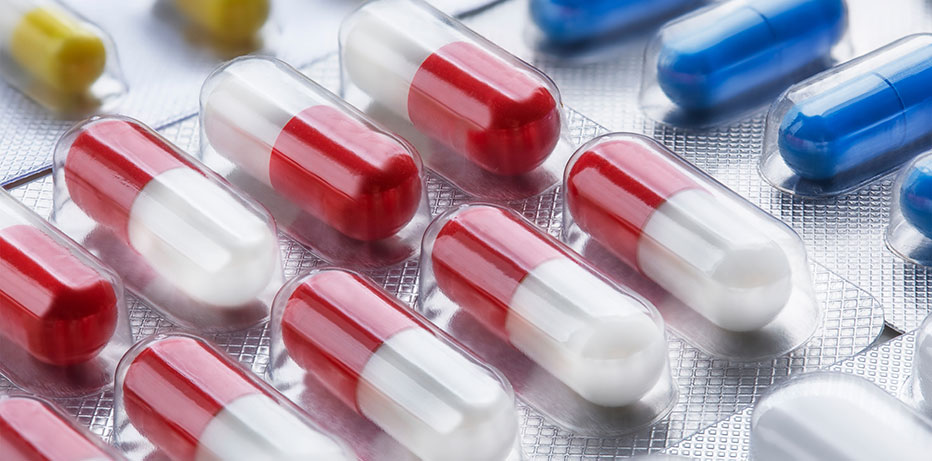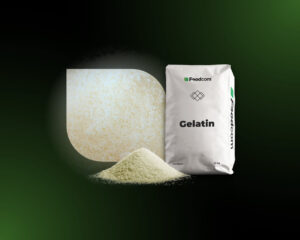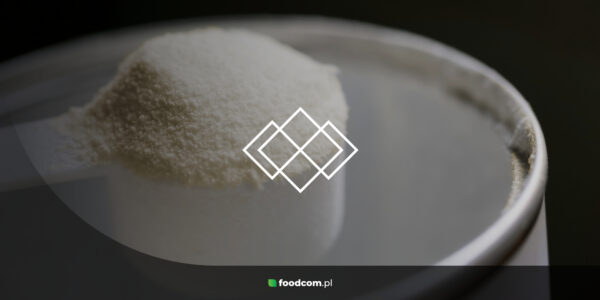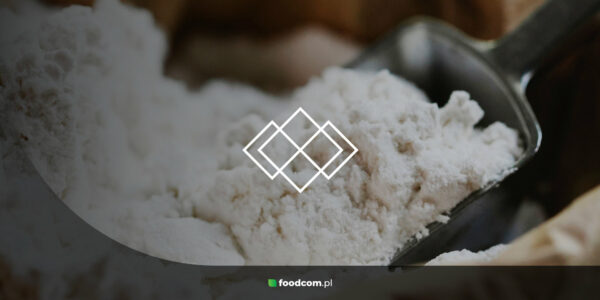- Gelatin is a product of animal origin, obtained by hidrolysis of Collagen.
- Gelatine is barmy, viscous, capable of gelling and has no taste.
- Mostly it can be used in medicine and in the manufacture of cosmetics.
What is Gelatin?
Gelatin is a natural protein obtained from the partial hydrolysis of Collagen, the building protein of bones, skin and tendons of animals. The process of hydrolysis consists of breaking the bonds between individual collagen molecules. Once the molecules are isolated with hot water, the Gelatin is filtered, sterilized and dried.
Due to its origin and the fact that its chemical composition is similar to that of Collagen, Gelatin can also be referred to as Hydrolyzed Collagen.
Gelatin is composed of glycine, proline and hydroxyproline. When dry, it is in the form of powder, sheets or flakes; when wet, it is rubbery. It is almost colorless, odorless and tasteless.
Types of Gelatin
As mentioned above, Gelatin can have different forms, but there are also different types of Gelatin. They differ in molecular weight and amino acid structure. As a rule, there are two basic types of Gelatin:
- Food Grade Gelatin – it is heat soluble in water and can be found in all three forms,
- Hydrolyzed Collagen – is soluble only in cold water, but does not gel and is available only in powder form.
These types of Gelatin are quite similar, but it should be noted that they differ in their chemical properties.
Properties of Gelatin
Gelatin is highly soluble in water, but not in alcohol, and easily digestible by humans. Gelatin absorbs 5-10 times its weight in water and forms a gel. When Gelatin is placed in hot water, the bonds holding the amino acid chains together break. The chains move through the liquid and become tangled. When the water is cooled, new bonds form between the tangled chains. The water becomes trapped in the spaces within the helix and tangles, forming a gel. It is worth remembering that the water should not be hotter than 100 °C, otherwise the Gelatin may lose its effect due to the high heat.
The most important properties of gelatin are its viscosity and its ability to gelatinize. It is also used as an emulsifier and thickener.
Gelatin also has some medicinal properties as it is made from Collagen and can help people with bone and joint problems.

What is Gelatin used for?
Gelatin has many uses in industry, but especially in the food industry. It is added to some products to give them the desired gel-like texture. Gelatin may also be included in meat to make it look more attractive and to make it easier to cut.
Gelatin is used in the manufacture of cosmetic products – creams, masks or shampoos. It forms a film on the skin to protect it from external influences. Gelatin is also used to smooth wrinkles or eliminate cellulite.
In addition, Gelatin is also useful in medicine or pharmacy. Products made of Gelatin are recommended for athletes or elderly people and people with osteoarthritis. In addition, Gelatin is a component of many tablets and forms the shells of hard and soft gelatin capsules. In this way, it protects the tablets from environmental influences and makes them easier to swallow.
Gelatin in food production
Gelatin is a food additive with the designation E 441. It has been used in the food industry for years, mainly to give food the right consistency. Gelatin is used as an emulsifier, stabilizer or thickener and is found in: fruit and meat jelly, yogurt, cottage cheese and dairy desserts. Gelatin also adds a glossy appearance and smooth texture to sauces.
Gelatin is also an ingredient in low-fat dairy products, as it provides the texture that is missing when the fat is removed.
Gelatin as an important ingredient for health
Since Gelatin is an important source of Collagen, it is essential for health. Collagen in the human body gives strength and elasticity to tissues. It also helps regenerate the skin and build epidermis products such as hair and nails. Deficiency of Collagen leads to joint diseases, sagging skin and poor hair condition.
Gelatin also has a good effect on the digestive system. It improves intestinal peristalsis and stimulates the secretion of digestive juices. It also helps maintain a healthy body weight as it stimulates metabolism and is a source of dietary fiber. This provides a longer lasting feeling of satiety. In addition, Gelatin contains glutamic acid, which can help protect the intestinal wall from damage and prevent leaky gut.
Another amino acid found in Gelatin, is glycine, which can help control blood sugar levels in people with type 2 diabetes.
Why Foodcom?
Our great team of Sales Support will help our Traders conduct the contract and business deals in a smooth and efficient way to ensure the best quality service to all our Business Partners. Our logistics team will take care of transportation and the financial department will be responsible for all matters connected with the financial part of the deal. Do not hesitate! Contact us.









